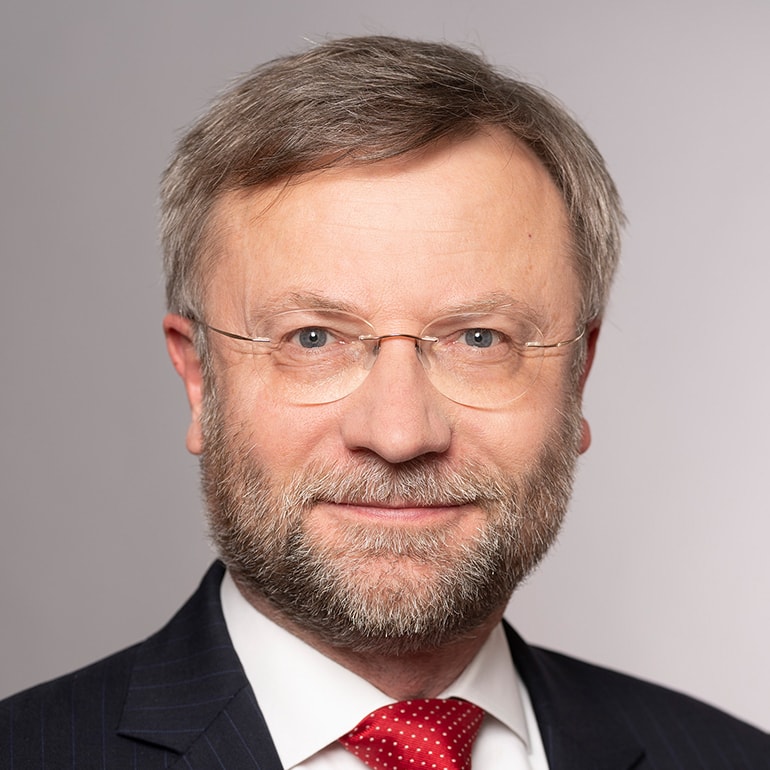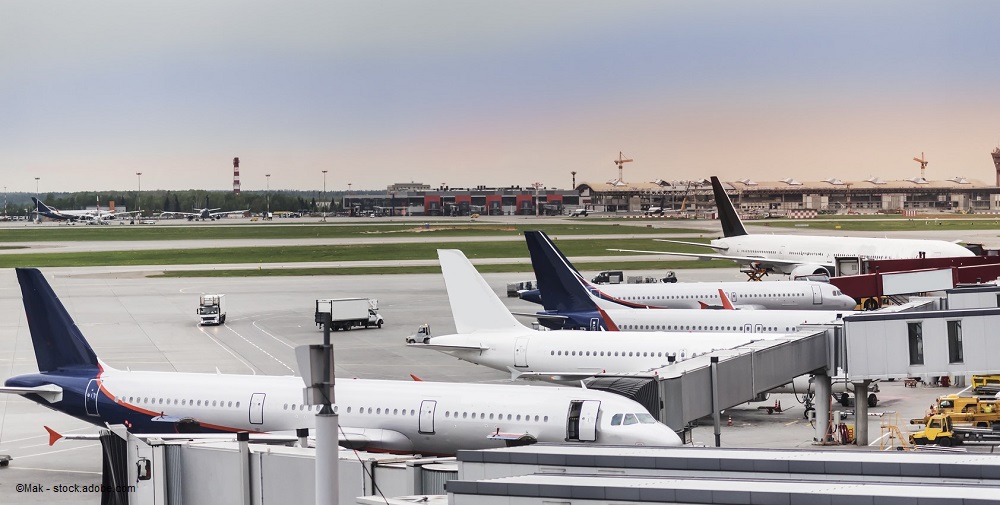20.04.2020
Corona-related state aid for the aviation industry
Airlines and airport operators have been hit particularly hard by the Corona pandemic. Several EU Member states have already responded by providing government support to the airline industry. If these support measures constitute aid pursuant to Art. 107 (1) TFEU, the Member State may only grant it after approval by the European Commission ("Commission"). These approvals are currently given very quickly (see 1.). One should bear in mind that measures which benefit companies in all sectors, i.e. not only the aviation industry, do not require approval by the Commission at all (see 2.). The coming weeks and months will be characterized most likely by further Commission decisions, such as those concerning direct investments in companies (especially of the aviation industry) by EU member states, legal action by companies that feel they have been put at a competitive disadvantage by the aid the member states give to others, and reactions to consumer protection groups’ demands to secure air passenger rights (see 3.).
Since the outbreak of the Corona pandemic, the Commission has rapidly approved several measures to support the aeronautical industry. We mention four of them (as of 17 April 2020). Others should follow soon.
Swedish guarantees for loans to support airlines
Sweden provides guarantees for loans to airlines affected by the outbreak of the Corona pandemic. The total amount of these commitments is limited to EUR 455 million. The aim is to ensure that carriers operating scheduled passenger air transport services, airlines operating ambulance flights and helicopter companies performing inspection services will receive sufficient credit to continue their operations during and after the current crisis. The Commission approved these guarantees on 11 April 2020 on the basis of the so-called "Temporary Framework" published by the Commission on 19 March 2020 and extended in scope on 3 April 2020. The Temporary Framework is a communication on the conditions under which the Commission quickly authorises aid to combat the effects of the Corona pandemic, since such aid is intended “to remedy a serious disturbance in the economy of a Member State" according to Article 107(3)(b) TFEU (for further information on the Temporary Framework see https://www.luther-lawfirm.com/en/newsroom/blog/detail/state-aid-and-the-corona-pandemic). As the Swedish guarantee scheme complies with the provisions of the Temporary Framework, the Commission approved the aid within approximately two and a half weeks. Among the conditions of the Temporary Framework that the Swedish measure complies with are in particular the limits of the amount of the guarantees, their duration and the minimum interest rate for the guarantee.
Belgium defers concession fees for airport operators
Another State aid measure approved by the Commission under the Temporary Framework on 11 April 2020 is the Belgian scheme for the deferral of concession fees paid by Walloon airport operators to the Walloon authorities. This deferral scheme meets the conditions of the Temporary Framework, in particular regarding the fees eligible for deferral (i.e. only fees due during the year 2020), the maximum duration of the deferral of six years and the minimum remuneration for the creditors of the fee (the Walloon authorities).
France defers fees to airlines
A French scheme similar to the Belgian deferral measure in favour of airlines in France had already been approved by the Commission on 31 March 2020. However, the Commission had not granted this approval on the basis of the Temporary Framework, but on the basis of Article 107(2)(b) TFEU. According to Art. 107 (2) (b) TFEU, aid must be granted only insofar as to compensate for the effects of the Corona pandemic. The EU Member State granting aid must therefore demonstrate in particular that
- the alleged damage was caused only by the Corona pandemic, and
- the notified aid is intended solely to compensate the damage caused.
The Commission considered these conditions to be fulfilled.
Danish guarantee for a credit line to the Scandinavian airline SAS
A further authorisation, which the Commission did not base on the Temporary Framework but on Article 107(2)(b) TFEU, dates from 15 April 2020. Denmark guarantees up to approximately EUR 137 million to the benefit of the Scandinavian airline SAS to secure a revolving credit facility. The Commission showed flexibility in that it considered it sufficient for SAS to compensate the Danish State “after the Coronavirus crisis” for the advantage which exceeds the damage suffered due to the Corona pandemic. The method for calculating the losses suffered due to the Corona pandemic must be approved by the Commission.
Like all other industries, the aviation industry can of course take advantage of government support that benefits all companies and sectors equally, such as subsidies for short-time work, wage subsidies or tax advantages (e.g. deferral of corporate and sales tax or social contributions). These measures do not favour a particular enterprise or branch and therefore do not constitute aid subject to authorisation within the meaning of Article 107 (1) TFEU.
Extension of the Temporary Framework to include direct investments by EU member states
The Temporary Framework has already been supplemented once by additional measures which the Commission will approve quickly, such as granting equity to individual companies. A second supplement to the Temporary Framework is expected to include a possibility for the quick approval of recapitalisation. i.e. in particular direct investments by EU member states in companies on terms below market conditions. The aviation industry in particular has called for such direct investments. In its proposal of 9 April 2020 to supplement the Temporary Framework, the Commission lays down requirements for entry, remuneration and exit by the state. In addition, it wants to attach certain conditions to the payment of bonuses or dividends by the aid recipients.
Ryanair announces legal actions against State aid measures
Ryanair has announced that it intends to appeal to the Union courts against the aid measures taken by Sweden and Denmark in favour of airlines. These measures would not benefit Ryanair, but only its competitors. For example, the Swedish aid measures are only available to airlines which have their principal place of business in Sweden.
Consumer protection
BEUC, the European Consumers' Organisation, has called on the Commission to make any future support to airlines or the travel industry conditional on these companies reimbursing their customers for cancelled flights. Such a condition would enable the rights of consumers under the Passenger Rights Regulation to be enforced. A Danish aid measure of EUR 200 million in favour of the Danish travel industry, which was approved by the Commission on 2 April 2020, could serve as a model, according to BEUC. Under the Danish measure, Denmark grants a loan to a travel guarantee fund, which enables travel and tour operators to compensate their customers without endangering their liquidity.

Dr Helmut Janssen, LL.M. (King's College London)
Partner
Brussels,
Dusseldorf
helmut.janssen@luther-lawfirm.com
+32 2 627 7763 / +49 211 5660 18763 / +49 1520 16 18763
